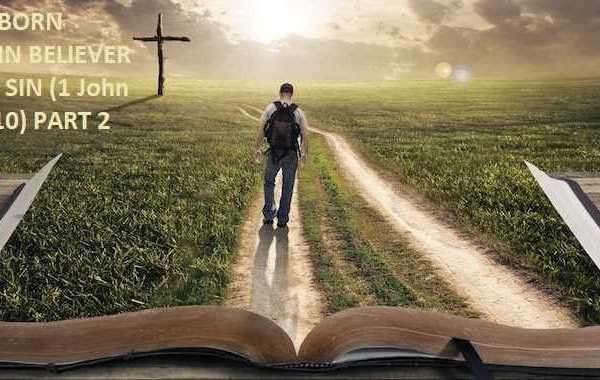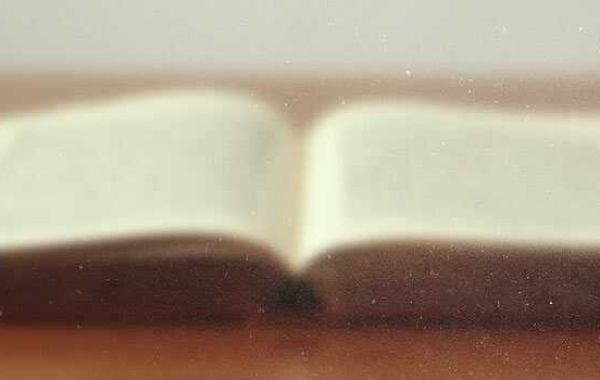THE BORN-AGAIN BELIEVER AND SIN (1 John 3:4-10) PART 2
- Sin is totally opposed to Yahshua Messiah (Christ) (3:5).
John’s readers knew this, but he reminds them of it again. Yahshua Messiah appeared to take away sins. This is the same verb as when John the Baptist saw Yahshua and proclaimed (John 1:29),“Behold, the Lamb of Elohim (God) who takes away the sin of the world!” In 2:28 3:2, John used the word “appears” to refer to the second coming of Yahshua Messiah. Here, he uses it twice (3:5, 8) to refer to His first coming. Yahshua Messiah did not come to this earth primarily to give us moral teaching or an example, although He did those things. His main reason for coming was to take away sins by bearing the penalty that we deserved in His own body on the cross.
The only way that He could do this was to be completely sinless Himself. Thus John adds, “and in Him there is no sin.” Yahshua's’ virgin birth through the Holy Spirit preserved Him from original sin (Luke 1:35). He lived in complete obedience to YAHWEH Elohim, so that even His enemies could not convict Him of sin (John 8:46). He offered Himself as a lamb unblemished and spotless (1 Pet. 1:19), the final and complete sacrifice for our sins (Heb. 10:10, 14, 18). If you know these truths, then John’s conclusion is inescapable:
- True Born Again Believers do not live in sin (3:6-7).
(1). Anyone living in sin is not abiding in Messiah and has not seen or known Him (3:6).
“Abides” is John’s word for fellowship, but we need to understand that in his mind, every true born again believer abides in Messiah. The idea that there are two types of Believers, those who abide in Him and do not sin, and those who do not abide and do sin, was foreign to the apostle’s thinking. The word abide in 3:6 is parallel to is born of Elohim in 3:9.
This is further evident by the fact that John adds (3:6), “no one who sins has seen Him or knows Him.”
The false teachers claimed to have special revelation or knowledge of Messiah. John says that their sinful lives betrayed them. His point is that anyone that knows Yahshua Messiah as the holy, sinless Savior, who came to offer Himself on the cross to forgive our sins, does not live in sin. If someone lives in sin, it shows that he has not seen Yahshua as He revealed Himself, and does not know Him as Savior. Then John draws an application for his “little children”:
(2). Do not be deceived: A true Follower of Messiah practices righteousness, just as Yahshua Messiah is righteous (3:7).
Whenever the Bible warns us not to be deceived, we need to perk up and pay attention. Deception is like a fisherman’s bait: we think we’re going to get what we want (a juicy meal), but we end up getting hooked and becoming the meal! John plainly spells out the truth: “the one who practices righteousness is righteous, just as He is righteous.” “The heretics appear to have indulged in the subtly perverse reasoning that somehow you could ‘be’ righteous without necessarily bothering to ‘practice’ righteousness. John roundly denies the possibility.”
The error that John here warns against is rampant in our day. In part, it is the fruit of those that teach that you may accept Messiah/Christ as Savior without submitting to Him as Master/Lord.
John would say (3:7), “Little children, make sure no one deceives you; the one who practices righteousness is righteous, just as He is righteous.” There should be a period at the end of verse 7, because verse 8 is parallel to verse 4. It begins the second section.
to be continued. . .








